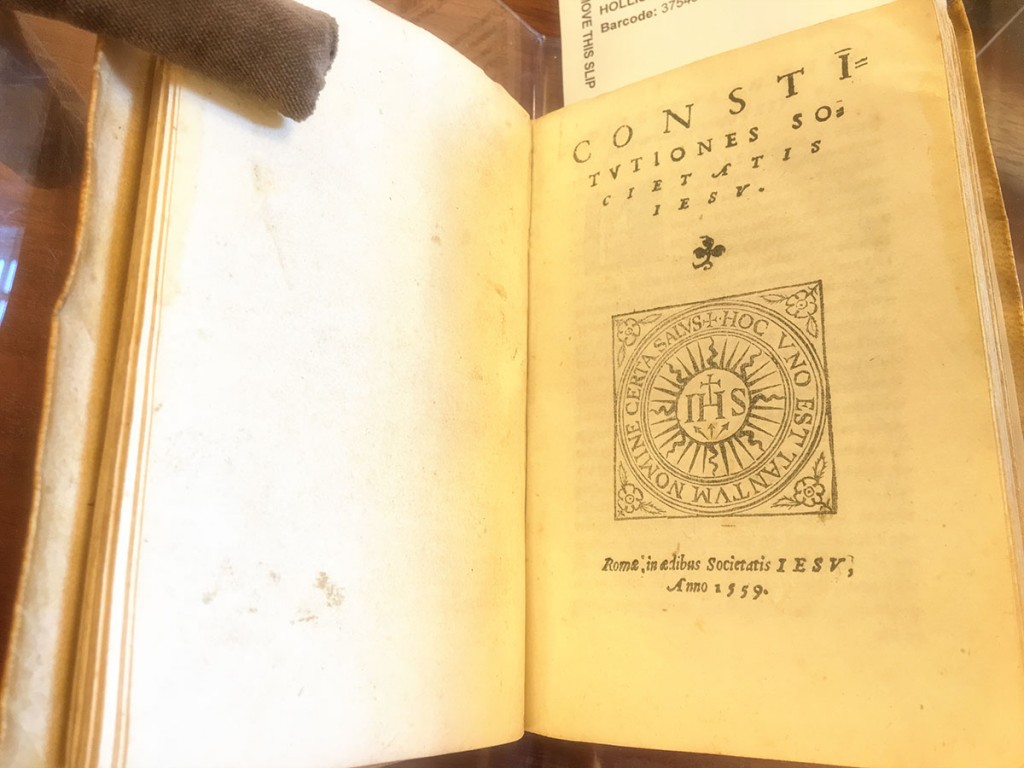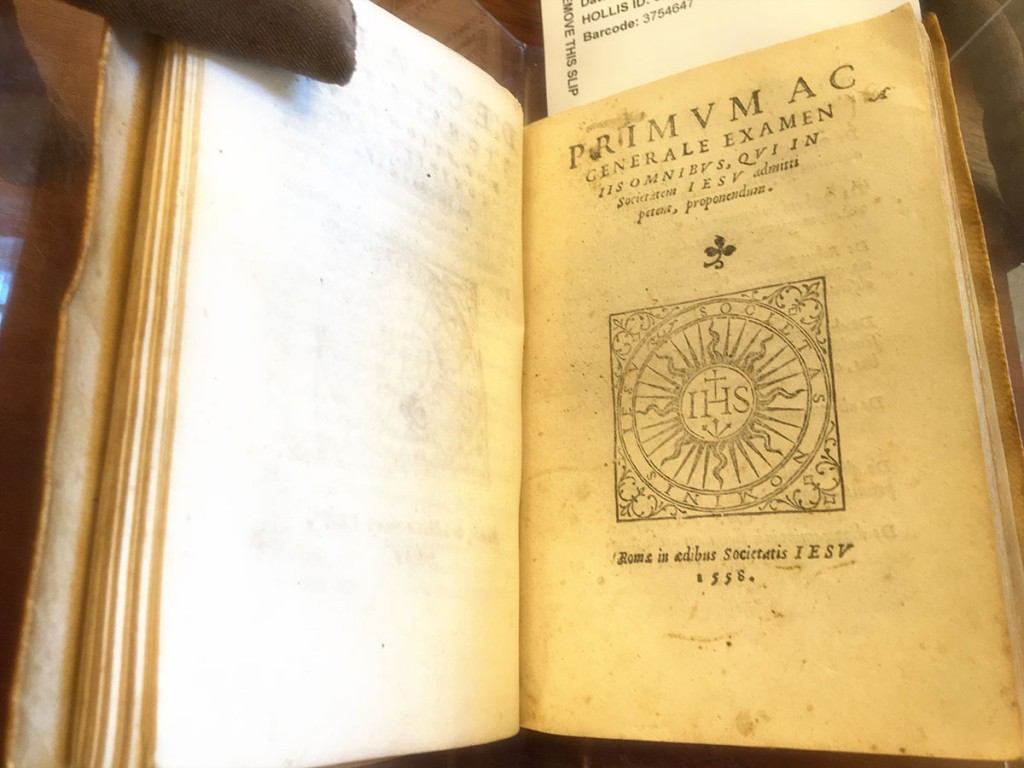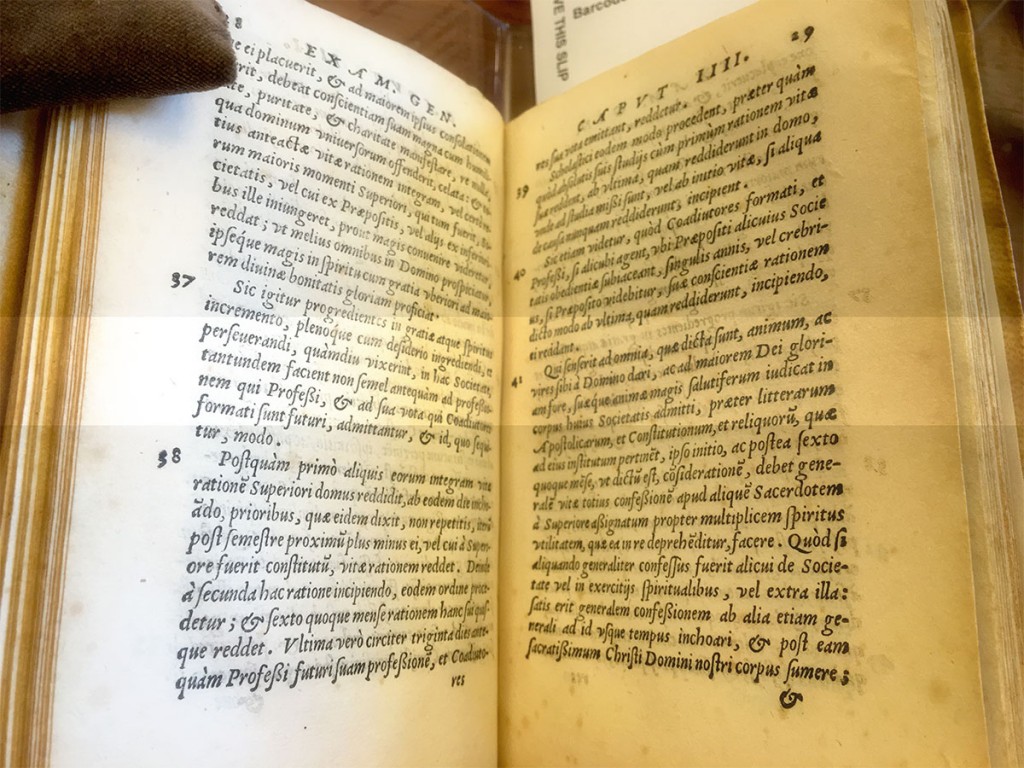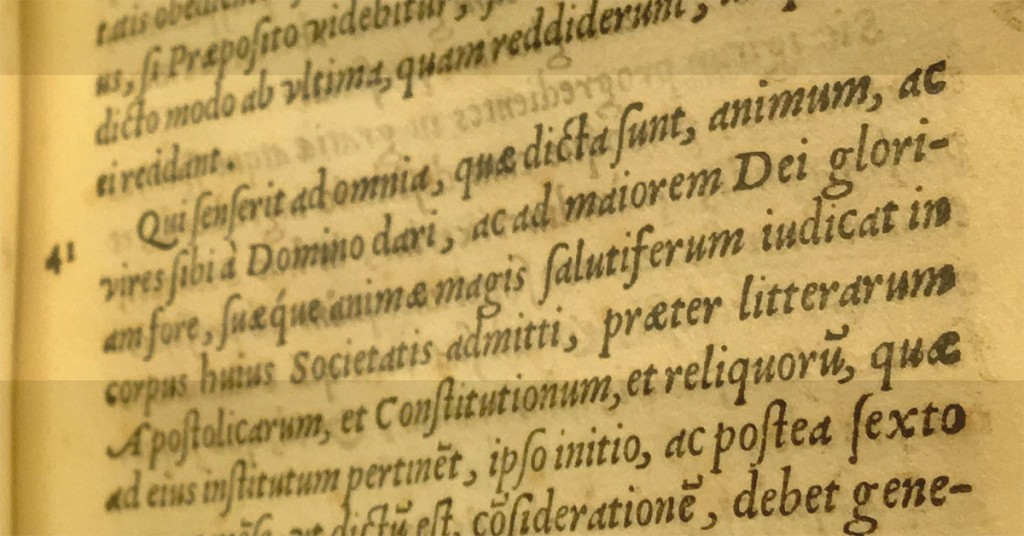The High School Extra-Curricular Activities (ECA) Fair at Xavier School just concluded last Friday, 17 June 2016. In the two-day full-house event, almost the entire high school student population flocked to the Multi-Purpose Center to sign up for clubs and committees.
Clubs and committees have always been integral in the life of a Xaverian. This is rooted in Xavier School’s identity as a Jesuit school, where her community — students, faculty and staff, alumni and parents alike — would always strive for excellence, in the spirit of magis.
These factors, written in a more modern way, are found in a document called the Characteristics of a Jesuit Education.
But where did the concept of magis begin?
Fr. Barton T. Geger, SJ of Regis University authored a paper called “What Magis Really Means and Why It Matters,” published in 2013 in the journal Jesuit Higher Education. I like how the paper is hosted at Xavier University, but I digress. He traces the historical origins of magis and how its concept has evolved throughout the years.
What’s most interesting though, is that it’s commonly thought that the word magis itself wasn’t used by Ignatius during his time. Its current definition and use is usually attributed to General Congregation 32 Decree 2 Number 27 and Decree 4, and more recently stated in General Congregation 35 Decree 2 Numbers 16, 22, Decree 4 Numbers 8, 27. While that may be so, apparently, Ignatius did use the word magis, when he wrote the Constitutions of the Society of Jesus in the 1500s.
While visiting the Harvard Libraries, I was very fortunate to have been able to handhold and browse through the first edition print of the Constitutions, first published in 1559. That’s some 457 years ago! One can just imagine my excitement as I first opened the pages of this book, one that was held by the contemporaries of St Ignatius himself more than four centuries ago.
In going through the pages, I was pleasantly surprised to see the word magis. Specifically, it’s found in Number 41, Chapter 4 of the General Examen.
Now, my Latin is not in pristine condition. However, one can derive that it’s part of the series of explanations of who the candidate who wants to join the Society is/should be. Should there be anyone out there willing to translate this paragraph, I’d highly appreciate it! 🙂
Thus, in this context, derived from the original Constitutions itself, we can read magis as being able to magnify one’s soul — to ever be more — all for the greater glory of God.
In all things, may we always strive for magis.




![]() This work is licensed under a Creative Commons Attribution 4.0 International License.
This work is licensed under a Creative Commons Attribution 4.0 International License.


Barton Geger, SJ
Dear Mr. Gomez, thank you for this post. I’m envious that you got to hold an original copy of the Jesuit Constitutions. The word “magis” is very common in Latin, like the English word “more.” For that reason, Ignatius used it hundreds of times in his written corpus. When we say that the term “magis” does not go back to Ignatius, what we mean is that he did not use it as a proper noun to denote a specific aspect of his spirituality. In other words, he never wrote or talked about “THE magis” as such. The translation of the passage in the paragraph above is, “A candidate who thinks that God our Lord gives him courage and strength in regard to all that has been said, and who judges his incorporation into this Society to be conducive to greater divine glory and MORE salutary for his own conscience, ought to see the Bulls and Constitutions and all the rest that pertain to the Society’s institute. . . ” etc. So here, in this passage, Ignatius uses magis in its common, generic sense. Sincerely, Fr. Barton Geger, SJ